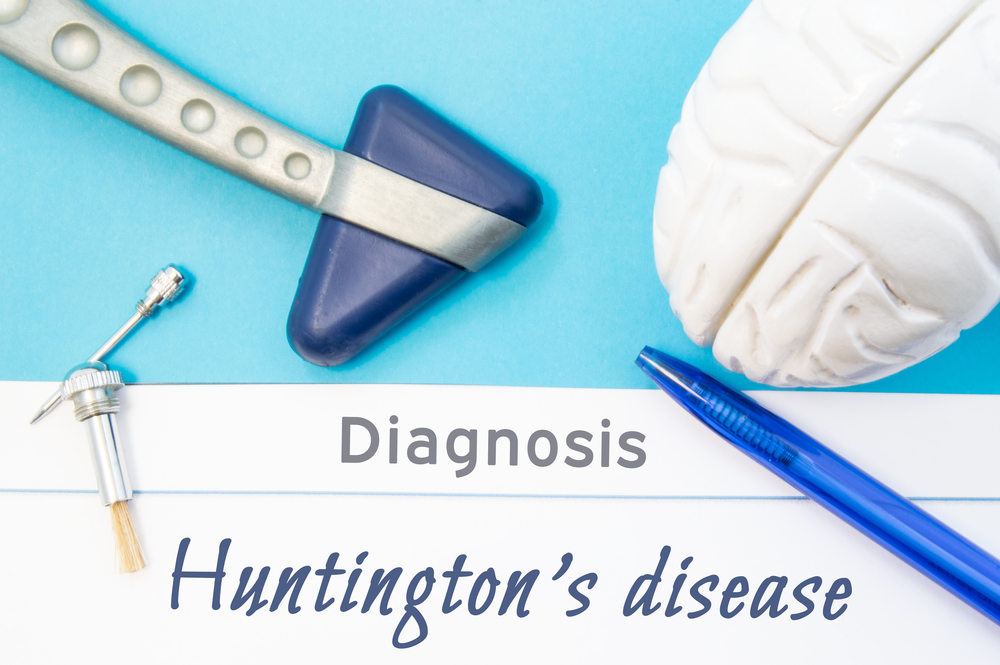An Overview Of Huntington’S Disease – Symptoms And Treatments
An overview of Huntington’s disease: Symptoms and treatments
Huntington’s disease is a devastating brain disorder which is hereditary by nature and is incurable. In this illness, the brain cells and neurons are highly damaged and at times even killed. A faulty gene makes a harmful protein known as the mutant protein that gets collected in the brain. The initial signs of this illness become obvious by the age of 30 to 50. Around 30,000 people in the country are affected by this illness. Currently, this illness has no cure; however, there are certain medications that provide relief from the symptoms.

Below is an overview of the symptoms associated with the Huntington’s disease, as well as information about the tests conducted for diagnosing the same.
What are some of the symptoms of the Huntington’s disease?
- Although the symptoms become obvious by the age of 30 to 50, there is a possibility that the symptoms may set in at an early age when a person is just under 20, and the symptoms gradually worsen in the time frame of 10 to 20 years.
Which are the early signs visible in a person suffering from Huntington’s disease?
- If Huntington disease has not previously affected someone in the family, the identification of its signs at an early stage is difficult.
- In the initial stage, a person suffering from Huntington disease may experience stumbling, slight involuntary actions, poor coordination, clumsiness, frequent mood swings, poor concentration, short-term memory loss, irritation, lack of initiative, poor motivation, lethargy, and high-vulnerability to depression.
- As time passes these symptoms tend to worsen if left undiagnosed and untreated.
What are the physical changes which appear in a patient suffering from Huntington’s disease?
- As swallowing becomes difficult, there is a high tendency that a person may be at risk of choking, especially, in the advanced stages of this illness.
- Involuntary actions like movements of the facial muscles, parts of the head and face tend to jerk, arms and legs become fidgety, and lurching becomes visible. The frequency of these involuntary movements may be more as the illness progresses; however, these actions may become slow as the disease reaches the advanced stages and the body becomes rigid.
- As the diaphragm and the muscles of the mouth do not function well, the patient may have difficulty in swallowing. This usually leads to a decreased intake of food and eventually weakness and weight loss.
- The patient’s starts slurring and he/she begins to have difficulty in recollecting words; hence, the communication skills of the patient begin to diminish.
What emotional changes does a patient undergo when suffering from Huntington’s disease?
- A patient suffering from Huntington’s disease may become angry, aggressive, overexcited, apathetic, frustrated, stubborn, disoriented, and have difficulty focusing.
- He/she may have an anti-social approach, constant mood swings, poor organization skills, and difficulty in multitasking.
- The patient may suffer from depressed and lack initiative.
What happens in the advanced stages of the Huntington’s disease?
- When a person has reached the advanced stage of the Huntington’s disease, he/she may find it extremely difficult to walk, talk, and swallow.
- The patient may even have difficulty in coping with his/her daily activities, and he/she may need constant personal care and nursing.
- This individual may be able to understand what is being communicated, but at this stage, he/she may have lost all the communication skills.
Which tests are conducted to diagnose the Hungtinton’s disease at an early stage?
- Neurological examination is conducted by the neurologist by carrying out simple tests and asking questions about the sensory, psychiatric, and motor symptoms. This is done to determine the severity of the condition of the patient.
- Neuropsychological testing involves, a set of simple tests being conducted by the neurologist to gauge the various abilities of the patient like the reasoning capacity, ability to memorize and recollect, fluency in speech, etc.
- Psychiatric evaluation is conducted by a psychiatrist to understand the person’s behavioral patterns, the ability to cope with situations, make judgments, etc.
- An MRI and a CT scan are conducted to get the understand the structure and the functioning of the brain, which in turn can determine whether the person is suffering from the Huntington’s disease or not.

